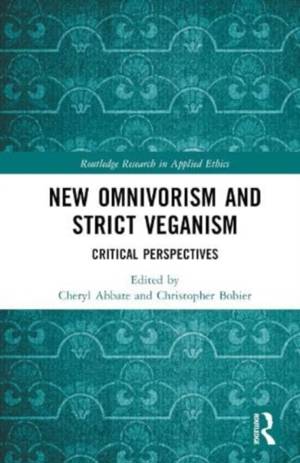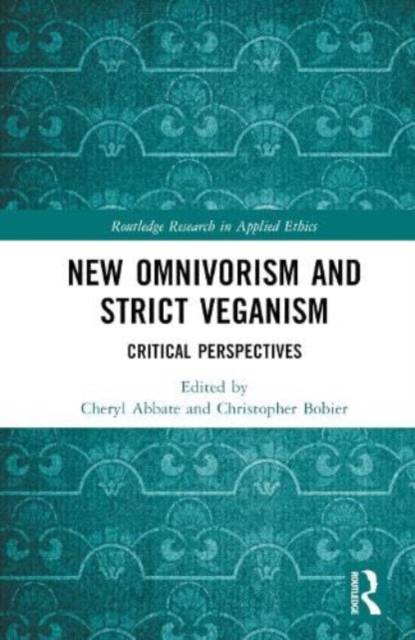
- Retrait gratuit dans votre magasin Club
- 7.000.000 titres dans notre catalogue
- Payer en toute sécurité
- Toujours un magasin près de chez vous
- Retrait gratuit dans votre magasin Club
- 7.000.000 titres dans notre catalogue
- Payer en toute sécurité
- Toujours un magasin près de chez vous
New Omnivorism and Strict Veganism
Critical Perspectives
Description
A growing number of animal ethicists defend new omnivorism--the view that it's permissible, if not obligatory, to consume certain kinds of animal flesh and products. This book puts defenders of new omnivorism and advocates of strict veganism into conversation with one another to further debate in food ethics in novel and meaningful ways.
The book includes six chapters that defend distinct versions of new omnivorism and six critical responses from scholars who are sympathetic to strict veganism. The contributors debate whether it's ethically permissible to eat the following: "freegan" meat; roadkill; cultured meat; genetically disenhanced animals; possibly insentient animals, such as insects; and fish. The volume concludes with two chapters that examine strict vegan and new omnivore policies. Presenting readers with clear defenses and criticisms of the various dietary proposals, this book draws attention to the most important ethical challenges facing traditional animal agriculture and alternative systems of food production.
New Omnivorism and Strict Veganism will appeal to scholars and students interested in food ethics, animal ethics, and agricultural ethics.
Spécifications
Parties prenantes
- Editeur:
Contenu
- Nombre de pages :
- 270
- Langue:
- Anglais
- Collection :
Caractéristiques
- EAN:
- 9781032066035
- Date de parution :
- 13-10-23
- Format:
- Livre relié
- Format numérique:
- Genaaid
- Dimensions :
- 152 mm x 229 mm
- Poids :
- 548 g






